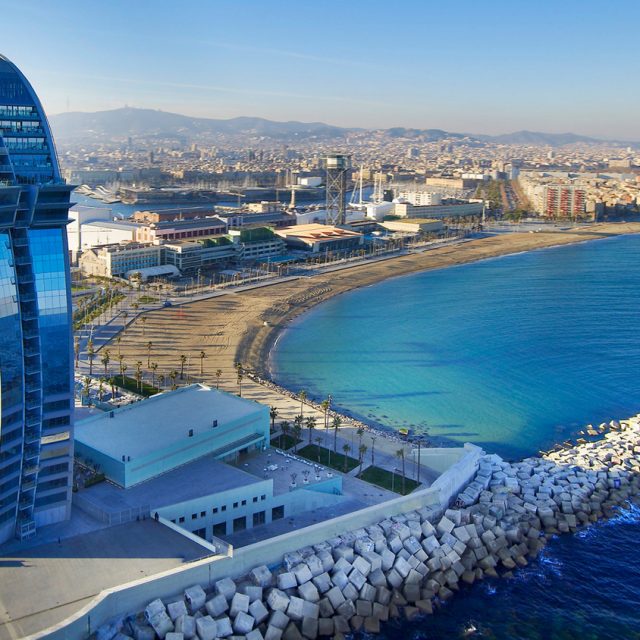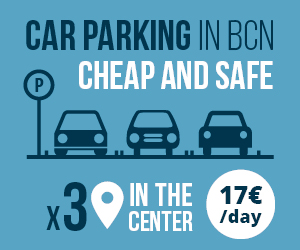Is the Mediterranean diet as healthy as claimed to be? Recent discoveries show that it might just be a myth seen from a marketing point of view.
If you live in Barcelona – or plan to do so – you will probably adapt to the Spanish lifestyle the city offers; with the Mediterranean diet becoming your new way of eating. The healthy diet can be spotted everywhere: in supermarkets, restaurants, and media. Endless amounts of studies repeatedly show that the Mediterranean diet fosters a happy and healthy lifestyle. However, lately, it has been shown that there might be more marketing than actual science behind the concept. This raises the question of how healthy the Mediterranean diet really is?
Ever since 1953, when epidemiologist Leland G. Allbaugh published a study on the positive impact Greek diet had on its population, there has been great scientific interest in the Mediterranean diet. Up until today, it still has a great reputation across the world, with a growing popularity and new people constantly adapting to this lifestyle.
The diet includes little meat, some fish, seasonal vegetables and fruits, olives, olive oil, and nuts, but it is more than particular foods and cuisines or eating patterns, we can maybe better talk about Mediterranean Way that involves aspects of lifestyle and the economy, such as walking to and from work in physically active occupations; taking the major meal at midday, associated with a siesta or major work respite. For this reason the Mediterranean Diet is even included in UNESCO’s Representative List of the Intangible Cultural Heritage of Humanity for acquiring the following skills: “knowledge, rituals, symbols and traditions concerning crops, harvesting, fishing, animal husbandry, conservation, processing, cooking, and particularly the sharing and consumption of food.”
However, it has been noticed that the food industry is taking advantage of this concept, falsely marketing their products as part of the “Mediterranean diet” such as industrial-grade pizza, alcoholic drinks, or snacks. It has been proven that these foods contain an unhealthy amount of salt, sugar and the wrong kind of fats, which contradicts the foods as being healthy and thereby Mediterranean. It is important to bear in mind that the Mediterranean diet isn’t unhealthy; as long as it is eaten correctly.

With tapas, crema Catalana, and churros constantly being within easy reach, it is simple to fall into the habit of unhealthy eating. However, what might make matters worse, is the belief of these foods being healthy when they are being marketed this way. This requires customers to be aware of what is Mediterranean eating, and what’s not. Remember though that the benefits of the Mediterranean diet are not just physical because there is a strong cultural element involved: eating together is the foundation of the cultural identity and continuity of the Mediterranean communities, it is a moment of social exchange and communication. The Mediterranean diet emphasizes values of hospitality, neighborliness, intercultural dialogue and creativity!
Our tip for your holiday? Take care of your health and choose the best Spanish restaurants in the city, and remember that at the end of the day, what it’s most important is to enjoy your time with your travel friends and indulge in the Mediterranean lifestyle that Spain and wonderful Barcelona have to offer!
If you would like to read about some specific topic click on the button below and SHARE YOUR THOUGHTS!
Source: lavanguardia.com
Photo credits: readersdigest.ca
eatthis.com
pdxmonthly.com
au.pinterest.com/explore/paella-party/?lp=true
lettucemeat.com
































































































